APL – LQ Biochemistry Reagent – Labkit
Alkaline phosphatase (APL) is a membrane-bound metalloenzyme that consists of a group of isoenzymes that catalyse the hydrolysis of organic phosphate esters, optimally at alkaline pH. Cell membranes of many cell types have APL activity; however, only a few produce sufficient APL to affect serum activity. The physiologic roles of APL have not been clearly defined, and may vary according to tissue. Alkaline phosphatase activity is present in the liver (l-APL), bone (b-APL), kidney (k-APL), small intestine, and other organs of the body, and placenta in pregnancy. In sera of healthy adults, APL activity originates mainly in the liver, with most of the rest coming from the skeleton.
APL is increased in metabolic bone diseases, including osteoporosis, osteomalacia and rickets, hyperparathyroidism, renal osteodystrophy, and thyrotoxicosis, and in individuals with acromegaly, bone metastases, and other disorders with increased bone formation. In patients with impaired renal function, APL is the preferred marker for bone turnover because its clearance does not depend on filtration. Total APL activity is markedly increased in Paget’s disease and provides the highest clinical sensitivity and specificity in the diagnosis and monitoring of Paget’s disease of bone (PDB).


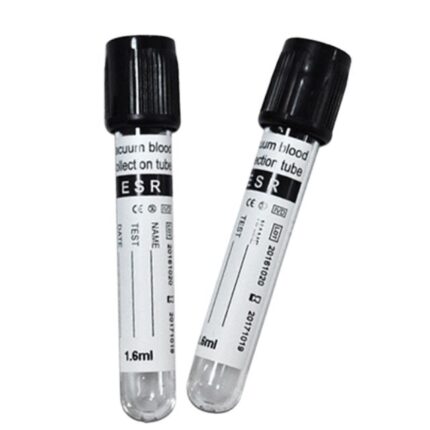

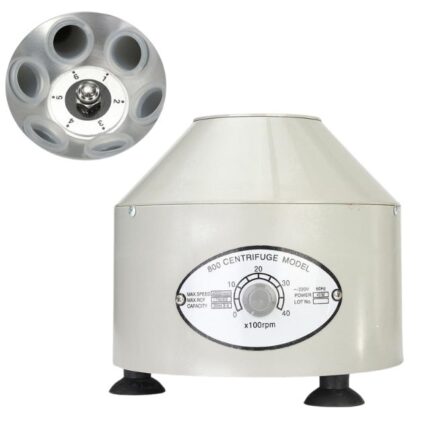

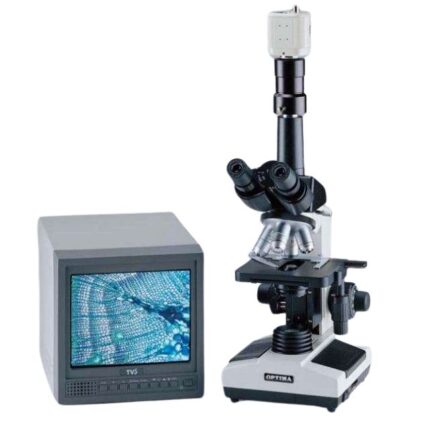
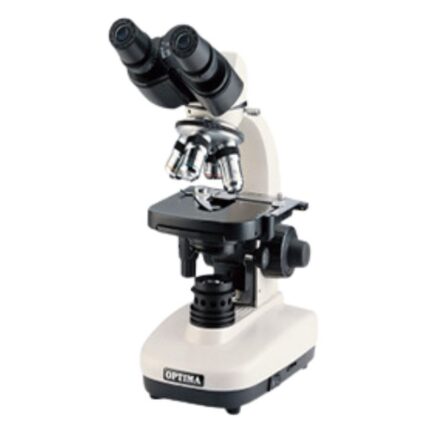
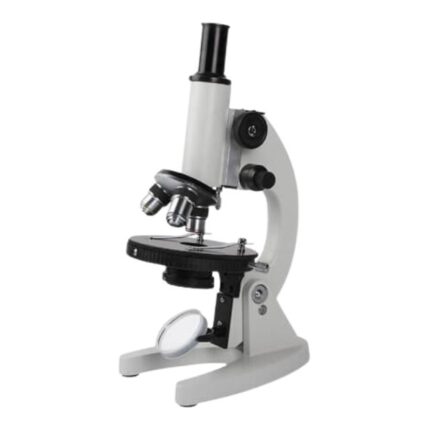
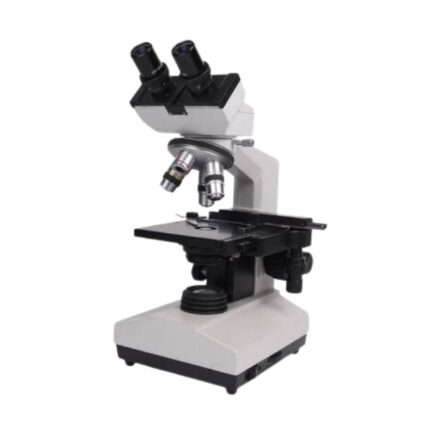
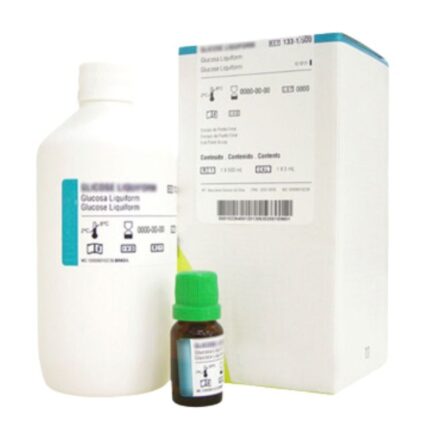
Reviews
There are no reviews yet.